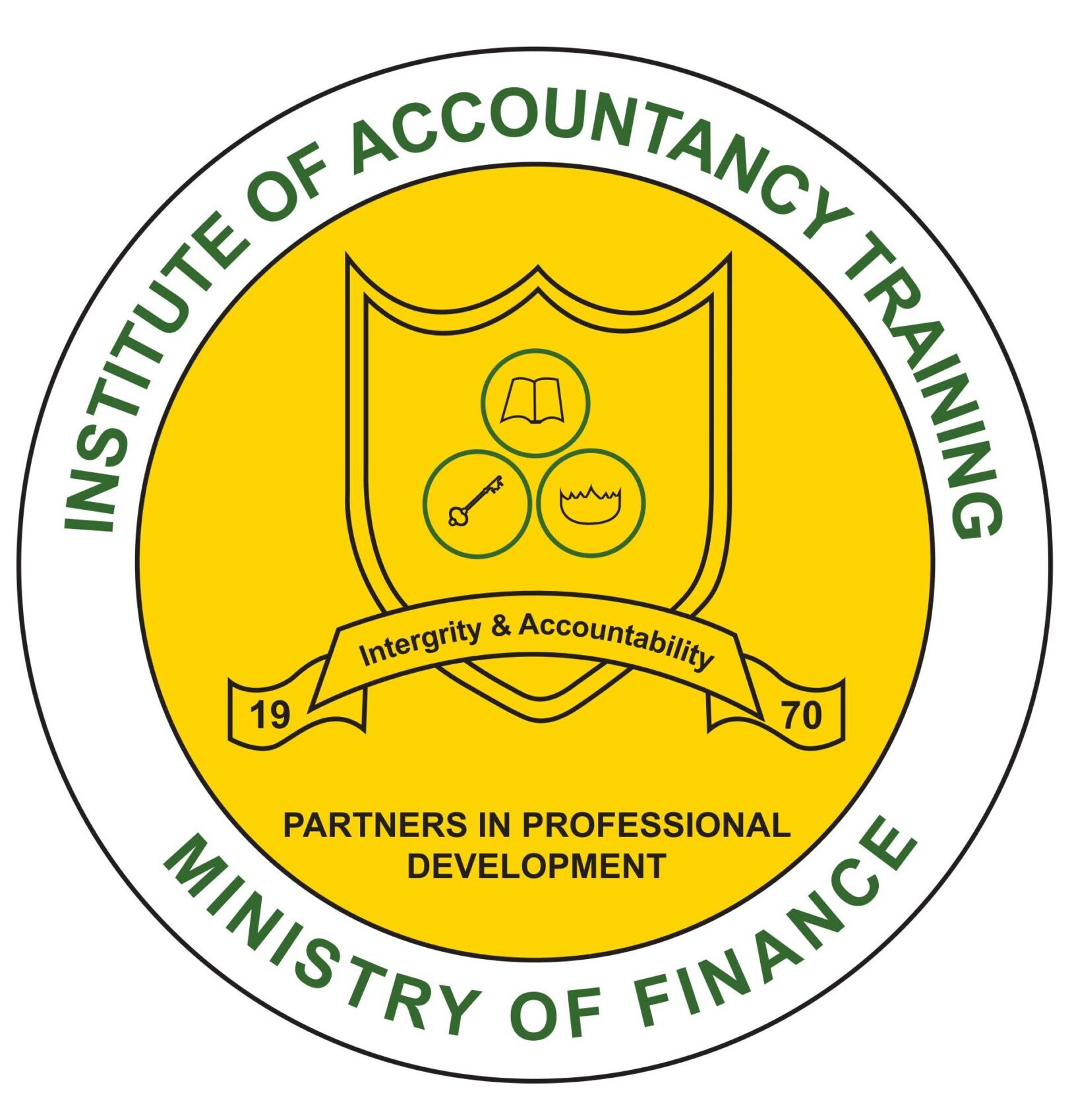Lesson 1.2 Fundamentals of Budgeting
Budgeting is the process of planning and controlling the allocation of financial resources. It involves setting aside money for future expenses and is a fundamental aspect of personal finance and business management. Budgeting helps individuals and organizations to manage their income and expenses effectively, ensuring that they have enough funds to cover their needs and goals without incurring debt or financial stress.
Here are some key aspects of budgeting:
Income Tracking: Budgeting starts with tracking your income sources. This includes salary, wages, interest, dividends, rental income, and any other sources of income.
Expense Estimation: Next, you estimate your expenses. These include fixed costs like rent or mortgage payments, utilities, insurance, and taxes, as well as variable costs like groceries, entertainment, and travel.
Planning: With the income and expenses known, you can plan how to allocate your money. This involves deciding on priorities and making trade-offs between different spending categories.
Monitoring and Adjusting: Once a budget is established, it’s important to monitor actual spending against the planned budget. If there are discrepancies, the budget may need to be adjusted.
Saving and Investing: A crucial part of budgeting is saving money for future needs or investing for growth. This can involve setting aside money for retirement, emergency funds, or long-term goals.
Financial Goals: Budgeting often aligns with broader financial goals, such as buying a house, starting a business, or planning for retirement. By incorporating these goals into the budget, you can ensure that you’re working towards them systematically.
Debt Management: If you have debts, budgeting can help you create a plan to pay them off, usually by allocating a portion of your income to debt repayment.
Emergency Fund: Building an emergency fund is a common recommendation in budgeting. This fund provides a safety net for unexpected expenses.
Budgeting can be done on various scales, from individual personal budgets to corporate budgets that cover large amounts of money and numerous departments or projects. Effective budgeting requires discipline, regular review, and sometimes the use of budgeting tools or software to help track and manage finances.
